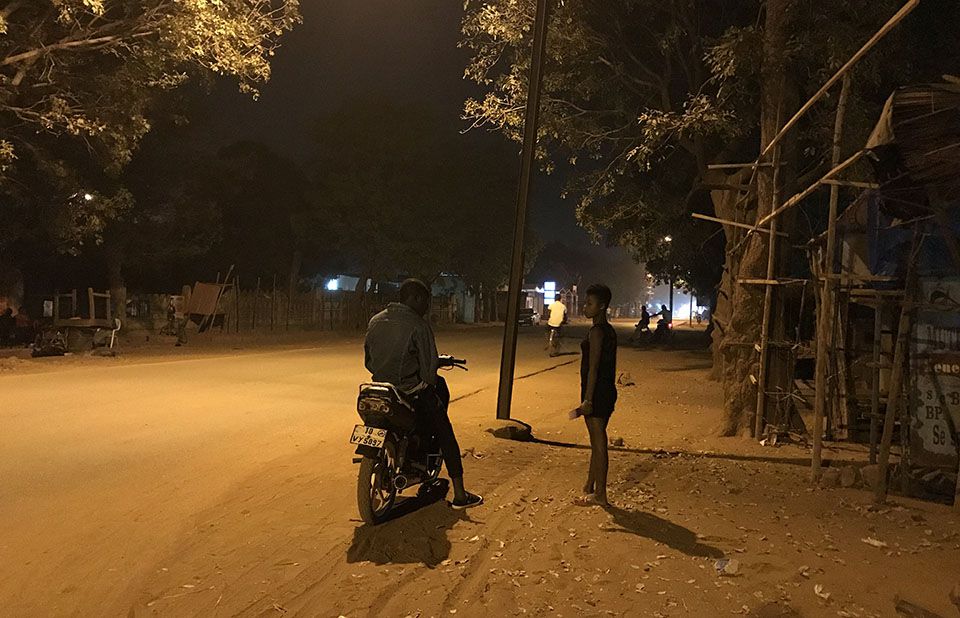
Blantyre, December 12, Mana: Tithandizane Female Sex Workers (FSW) has emphasised the need for increased knowledge about human rights in Malawi to empower female sex workers with the requisite knowledge to stand up for their rights and freedoms.
Director of Finance and Administration for Tithandizane FSW, Henry Chikoti told Malawi News Agency (Mana) on Thursday that there is significant misunderstanding in Malawi regarding the profession of sex workers due to cultural and religious factors.
“As a result, there is a lack of recognition of diversity which has fueled many societal challenges and placed a lot of people at a disadvantage,” he said.
Chikoti added that the organization, through its “Know Your Rights” campaign is educating female sex workers about their rights, responsibilities and how to operate within the confines of Malawi’s laws.
“This initiative aims at ending the longstanding conflicts between sex workers and law enforcement in the country. While we provide this education, we also advocate for legal reforms,” he said.
Chikoti pointed out a gap in human rights promotion concerning the protection of FSW in the country, despite various stakeholders advocating for equality in Malawi.
He disclosed that Tithandizane FSW is also equipping sex workers with entrepreneurial skills to help them diversify their sources of income so that they are not forced into the industry solely due to poverty.
Chikoti also emphasized the need for the public to understand that sex work is a profession and that everyone has the right to choose their form of employment.
However, he was quick to clarify that the organization does not promote or recruit for prostitution in Malawi.
“Organizations that work with sex workers, including Tithandizane only work with legal sex workers aged 18 years and above. When we encounter underage girls, we provide them with counselling and career guidance,” he added.
He expressed hope that the campaign on gender-based violence (GBV) would continue beyond the current period as social issues were recurrent.
“We expect issues such as discrimination, police brutality and denial of social health services especially contraceptives to come to an end. Sex workers deserve to be treated like any other citizen,” he said.
Chikoti, therefore, urged Malawians to adopt an open-minded approach and embrace the diversity that exists in society regardless of one’s profession.
In a separate interview, Human Rights Advocate, Marcel Chisi concurred with Chikoti, noting that human rights are a universal standard for treatment.
“Sex workers have the right to be treated equally just like individuals in any other profession,” he said.
Chisi observed that human rights are not optional but mandatory for every citizen and that the public must incorporate them into their daily activities, adding that treating FSW well is essential for safeguarding the health of their clients and the community at large.
“If sex workers face barriers in accessing services in their communities, we are endangering public health as the spread of sexually transmitted infections can escalate rapidly,” he said.
He, therefore, urged the country to safeguard the rights of sex workers to ensure they are not harassed or abused.
Tithandizane FSW is an organization that works with female sex workers in rural and hard-to-reach areas who face numerous human rights-related challenges.
On December 10, Malawi joined the rest of the world in commemorating International Human Rights Day under the theme: “Our Right, Our Future, Right Now.” The national event which was graced by the Vice President, Dr. Michael Usi took place in Mangochi.

